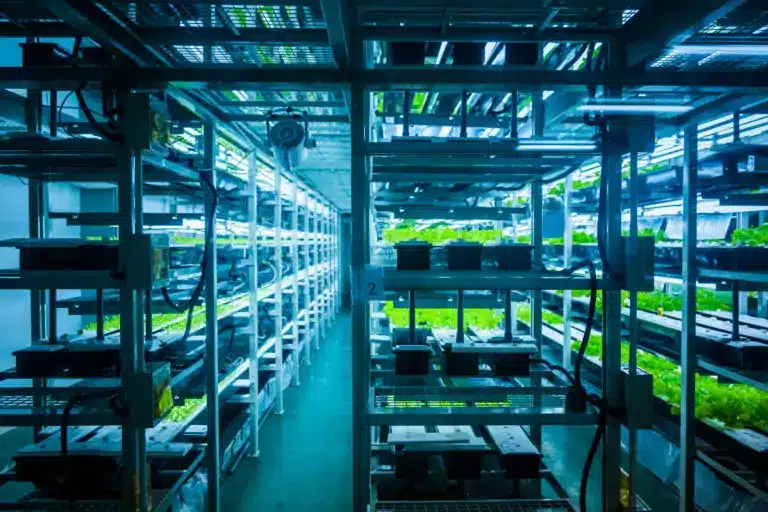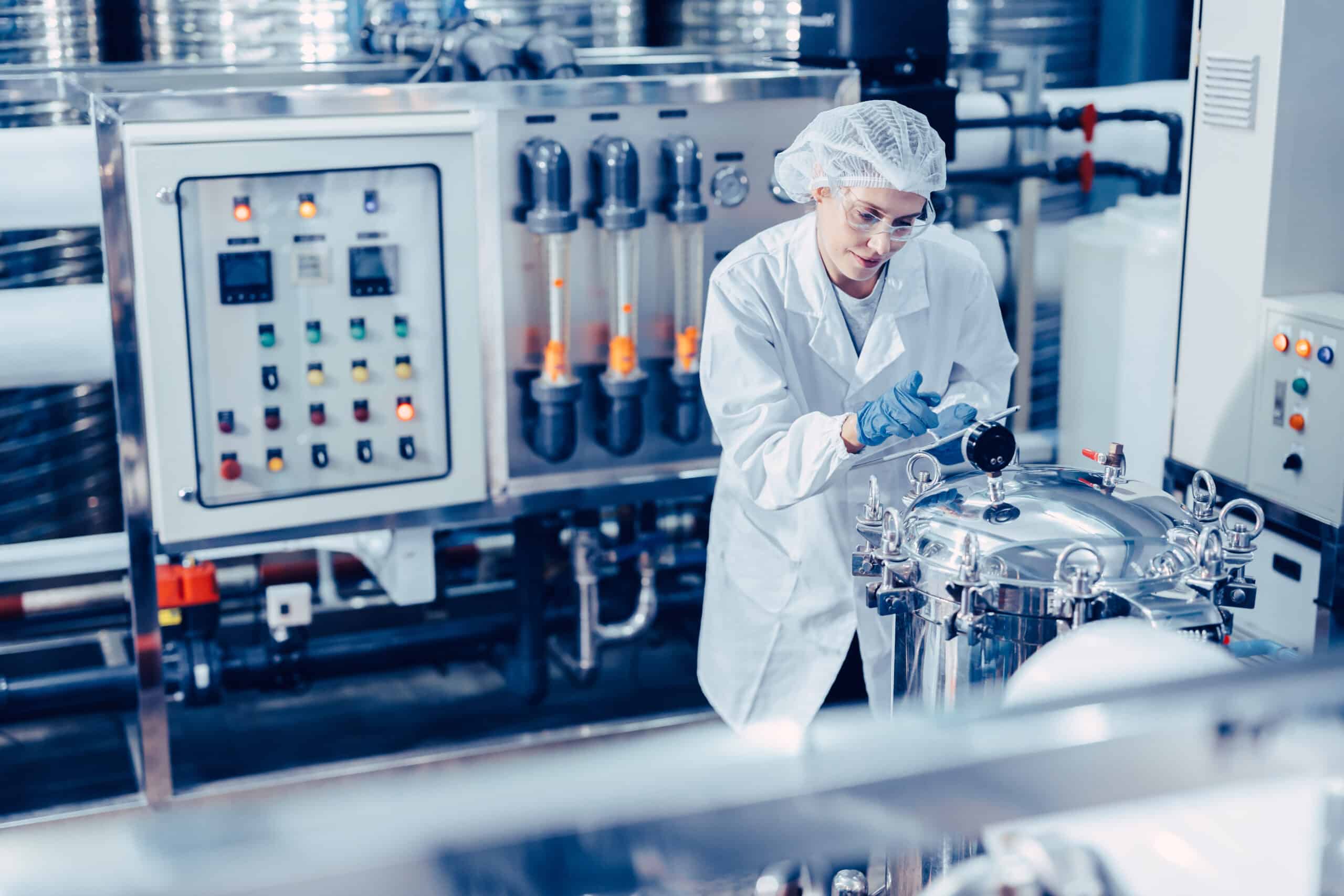Hydroponics is essentially a soil-less method of growing crops, which uses 90% less water than conventional agriculture. Given the water-scarcity issues in the Middle East, it is clear why hydroponics is a good fit for the region. As Arab nations place increasing emphasis on self-sufficiency, investments in hydroponic farming are increasing.
Suitability to the Middle East
Given that the climate in arid countries is largely unsuitable for crop cultivation, food imports account for 90% of the food consumed in the GCC. The cost of these imports into the region is expected to total $53.1 billion in 2020. Due to this reliance on imports, vulnerabilities exist in terms of market supply shocks and price spikes, such as those experienced during the COVID-19 outbreak.
For this reason, the volume of foreign land acquisitions and domestic hydroponic farms are increasing dramatically. Hydroponic farming is also very appropriate given water scarcity issues. Meanwhile making use of land in and around urban centres means low food miles and a guarantee of fresh produce to the consumer.
Adoption of hydroponics has been significant in the UAE, where over 200 farms now exist. Thanks to these farms, locally grown produce accounted for 20% of total fruit and vegetable sales in the UAE in 2018.
Assessing the feasibility of hydroponics, CEA, and more
The growing water scarcity issue throughout the GCC necessitates innovative and technology-driven solutions. Hydroponics looks set to deliver on this demand, offering a way to cultivate crops while closely monitoring and efficiently managing water resources.
As investments in this space grow, Farrelly Mitchell’s experts are perfectly placed to inform investors and support the design and integration of these facilities. Our team have years of experience in the controlled environment agriculture, vertical farming, and hydroponics sectors, where we have delivered key insights into crop selection, water management, and financial feasibility.














